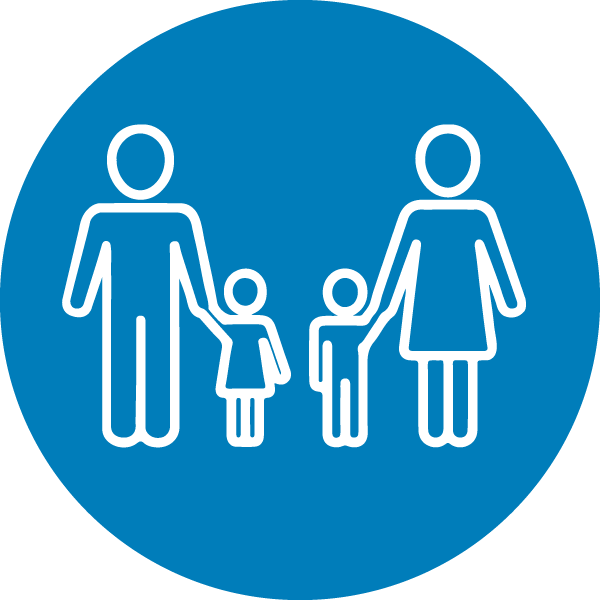Reuniting parents and children using Indigenous knowledge
Treyvon Chartrand’s wavy brown hair falls across his forehead as he collects his favourite toys from a bin in Ma Mawi Wi Chi Itata Centre’s healing den. An assortment of dinosaurs and race cars spill to the floor before being sorted into careful piles. The five-year old does not live here, but he seems at home; this is where he was reunified with his mom.
During a struggle with addiction, Vanessa Chartrand lost custody of her son. She says, “I was so lost and deep in my addiction that I felt like I wasn’t worth loving or being a part of my kids’ lives. I honestly thought that my kids were better off without me and in the system, but that’s not true.” Chartrand had navigated different child welfare networks but didn’t feel heard until Ma Mawi’s Family Group Conference (FGC) reached out and told her she was a “perfect fit” for the program. Already determined to get her kids back, Chartrand agreed to become a participant.
In 2000, the Māori people of New Zealand gifted Ma Mawi with FGC, an Indigenous-led initiative helping families in child welfare mandated agencies reclaim their voice and become decision makers in the family reunification process. Families come together and develop a care plan with the support of an FGC mentor, working together to overcome barriers. In New Zealand, FGC is mandated by federal law. Ma Mawi’s Executive Director, Tammy Christensen and the FGC team at Ma Mawi agree that, based on the program’s success, similar policies should be adopted here.
“I think this program really speaks to the strength of Indigenous knowledge. It really speaks to how Indigenous-led organizations can have a good impact,” says Christensen. “Bringing FGC back here [to MB] and connecting the knowledge within the community, understanding how using Indigenous knowledge, our culture, can heal community and support families…. It makes so much sense.”
Chartrand was 23 years old when she was first introduced to FGC and her mentor Brandy Blind. “She [Blind] walked me through everything, and we have been together ever since,” Chartrand says. The pair sat down with the rest of Chartrand’s support circle and together they developed a care plan. During this time Chartrand met with her son for weekly visits. She says these visits with Treyvon are the one thing that kept her going.
After three months in the program, Chartrand was reunified with her son. “If it wasn’t for FGC, I’d probably still be where I was, without my kids, hopeless, not wanting to be here anymore. So, I am very grateful for FGC,” she says. Blind, now an FGC Team Lead, says it is “heart medicine” to watch the families embark on their healing journey. “It is magnificent to see them from the beginning and to see that they’ve gained their voices, they’ve gained confidence, they’re advocating for themselves, they’re assisting other families in our program because they have those resources now.”
Family Group Conferencing has been a huge success. Between April 2022 and September 2022, FGC supported 139 families and a total of 409 children. 148 children from 35 families were reunited with parents, and 81 children from 29 families were reunited with Kinship family placements. Cost savings to the child welfare system based on 148 children being reunified for up to one year is more than $3.5 million.



